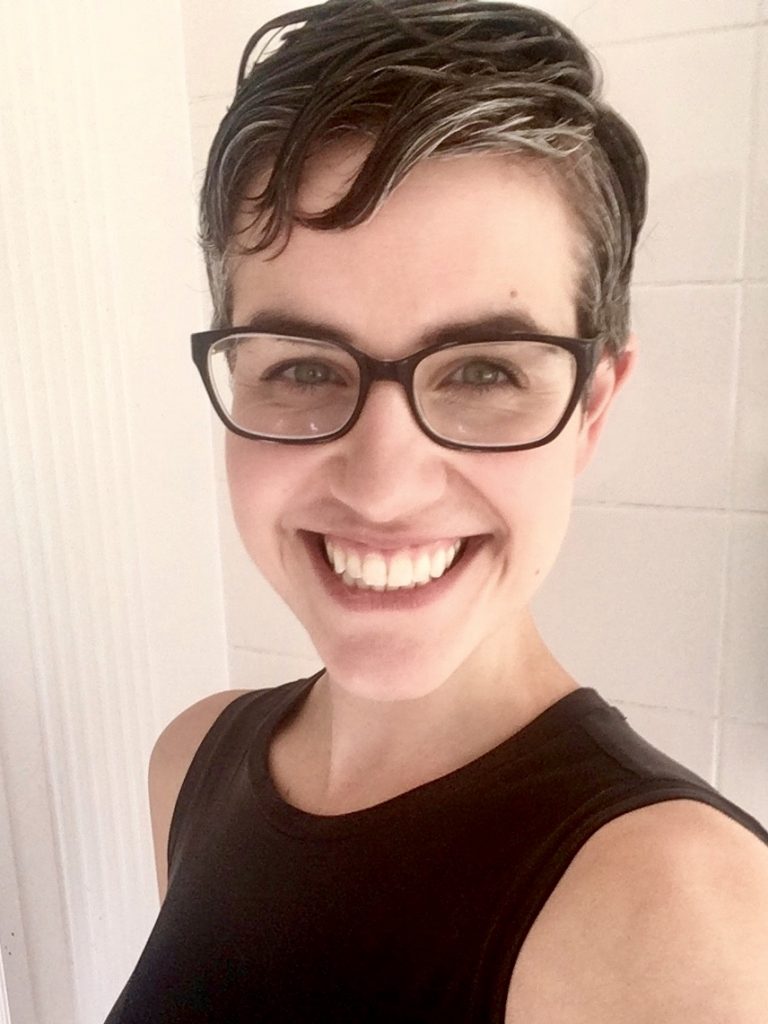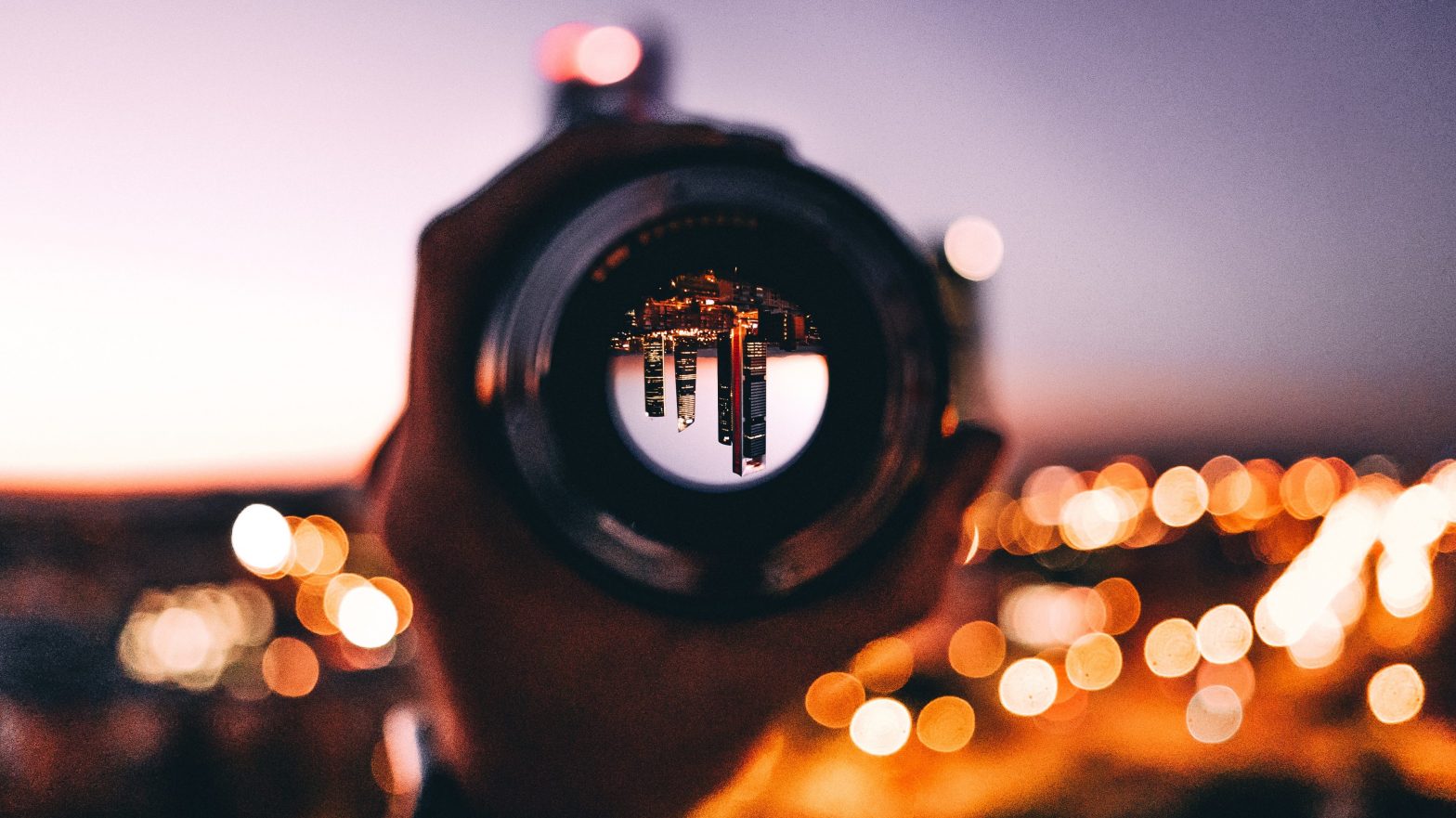
Dr. Lauren Eriks Cline, a Hope ’08 graduate, recently got her PhD in English from the University of Michigan and is now an Assistant Professor of English at Hampden-Sydney College in Virginia.
It’s March 20, 2020, and like millions of other people around the globe, I have spent the past week isolated in my house, watching red dots on a map expand as angry numbers on the margins tick upwards: 80,000 cases; 124,000 cases; 284,000 cases. While I wait for more news on the pandemic of the novel coronavirus, I am also recording and re-recording videos to orient my students at Hampden-Sydney College to the emergency distance-learning version of our English classes. When I told people last summer that my goal for my first year as an Assistant Professor was just to survive, I never imagined that word would feel so literal.
The semester I thought my students and I would have is now sitting in my laptop’s trash files. And as I prepare to begin take four of my walk-through of the new calendar of readings in my Shakespeare class, I find myself asking, not for the first time: “should I still be doing this work at a time like this?”
On the one hand, it’s clear that some of this work can and should definitely go. It’s been helpful for my sense of perspective that my partner is a healthcare worker at a community hospital. Thinking about that lifesaving labor sheds a newly stark light on the aspects of academic work that we could always have done without. Grading, for example, seems more clearly than ever to be an exercise in ranking that fails to accommodate barriers in our environment or differences in our needs. The urge to change grading standards now reveals that those standards were always built too narrowly. And every change I make to my teaching in this moment is a lesson for later: don’t forget what you dropped when we could only carry what we needed but we needed to carry everyone.
On the other hand, staring out at the world that today’s college students will inherit also casts a more hopeful light on my core commitments to literature. My “Monsters in Literature and Film” class is about to embark on our unit on zombies, sinking our teeth into post-apocalyptic stories from Colson Whitehead’s Zone One to Edgar Wright’s Shaun of the Dead. To engage these texts is to ask newly topical questions: what conditions create contagion, protect status quos, or allow for change? Reading them encourages us to entertain more radical possibilities than reading the news alone.
Speculative fiction in particular pushes beyond what we think could exist all the way to the edge of what might be thinkable. My class’s big discussion question for the week was “why do people keep producing and consuming literature even when it feels like it might be the end of the world?” One answer might be this: that the end of the world as we know it is precisely the moment when we most need our capacity to imagine different worlds.
But as I contemplate the question of what it means to study literature now, it’s not just reading that I want to fight for. It’s reading together, and reading in ways that ask us to be responsible to each other. When I collect mid-semester feedback from my students, two of the questions I ask are (1) whether they feel supported to take risks in our class, and (2) what would help them feel more supported to take risks. Prioritizing risk might seem strange at a time when we’re rightly urging people to take physical precautions, but becoming daring in our thinking can become even more important as our material world gets more dangerous. Every time I read my students’ reflections on risk, I am reminded that – more than any individual choice made in the class – students thank the class as a whole for making it possible to take intellectual chances. It’s the curiosity and care of the other people in the room that allows them to try out new ideas and to practice being uncertain – even wrong.
The activist Mariame Kaba wrote recently that “we have to prefigure the world in which we want to live. That’s a minute-by-minute practice of aligning values with actions.” We’ve all just been forced to clear and reset our calendars. Our minutes are not exactly up for grabs – indeed, too many people may find that they are facing exhausting new demands on their time – but a wrench has been thrown in our day-to-day lives, which gives us a new chance to scrutinize our habits. So what do we bind and what do we release? How does what we’ve read shape the values we’ll use to make that choice? And what stories are we sharing or creating now that could make new configurations of our world thinkable?


